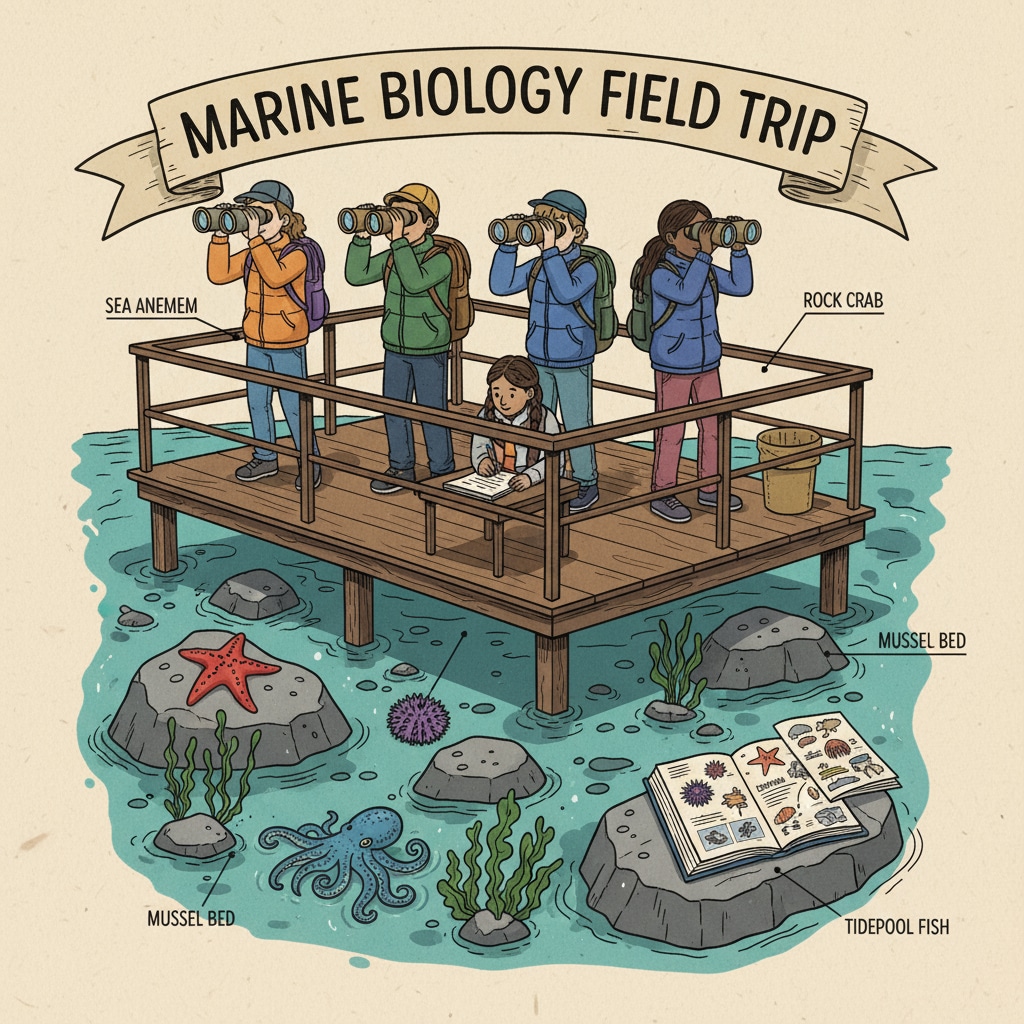Embarking on a journey to pursue a science degree in marine biology or environmental science without prior scientific knowledge might seem daunting. However, with dedication and the right approach, it is entirely feasible.

These fields offer a world of opportunities for those passionate about the natural world and the environment.
The Initial Hurdles
One of the primary challenges for students without a science background is the lack of fundamental knowledge. Concepts in biology, chemistry, and physics that are typically covered in high school can be the building blocks for more advanced studies in marine biology or environmental science. For example, understanding the basic principles of chemistry is crucial for comprehending the chemical composition of seawater in marine biology. According to Marine Biology on Wikipedia, a solid foundation in these areas helps in grasping complex ecological relationships.

Overcoming the Knowledge Gap
There are several ways to bridge this knowledge gap. First, enrolling in pre-college or introductory courses can be highly beneficial. Many institutions offer non-credit or credit-bearing courses in basic sciences to help students catch up. Additionally, self-study using textbooks, online resources, and educational apps can be an effective strategy. For instance, platforms like Khan Academy provide free and comprehensive science courses. Another option is to join study groups with fellow students who have a stronger science background. This way, you can learn from them and engage in discussions that deepen your understanding.
Adapting to the Academic Rigor
Once you’re in the program, the academic rigor can be intense. These degrees often require a significant amount of laboratory work, field research, and coursework. In marine biology, you might be expected to conduct research on marine organisms in their natural habitats. Environmental science may involve analyzing environmental data and developing sustainable solutions. To adapt, time management is key. Create a schedule that allows you to balance your studies, lab work, and research. Seek support from professors and academic advisors who can provide guidance on course selection and research projects. As stated in Environmental Science on Britannica, a well-structured approach is essential for success in these fields.
In conclusion, while pursuing a science degree in marine biology or environmental science without prior knowledge has its challenges, it is achievable. With a proactive attitude, a commitment to learning, and the right support, students can overcome the initial hurdles and thrive in these exciting fields. So, if you have a passion for the ocean or the environment, don’t let a lack of prior knowledge hold you back from pursuing your dreams.
Readability guidance: Short paragraphs and lists are used to summarize key points. Each H2 has a related list or set of points. Passive voice and long sentences are controlled, and transition words are added throughout for better flow.


